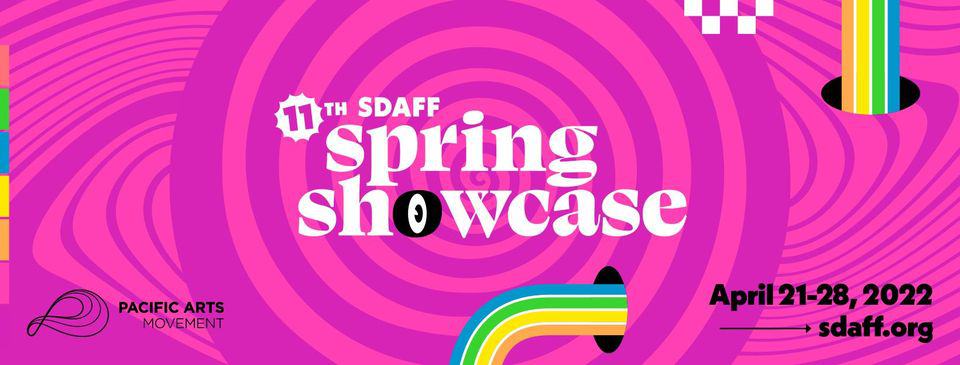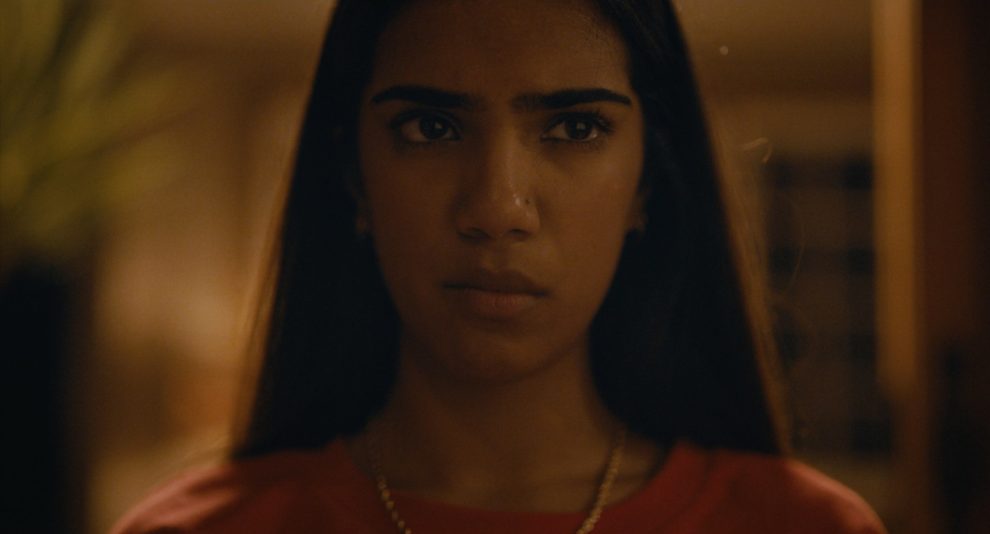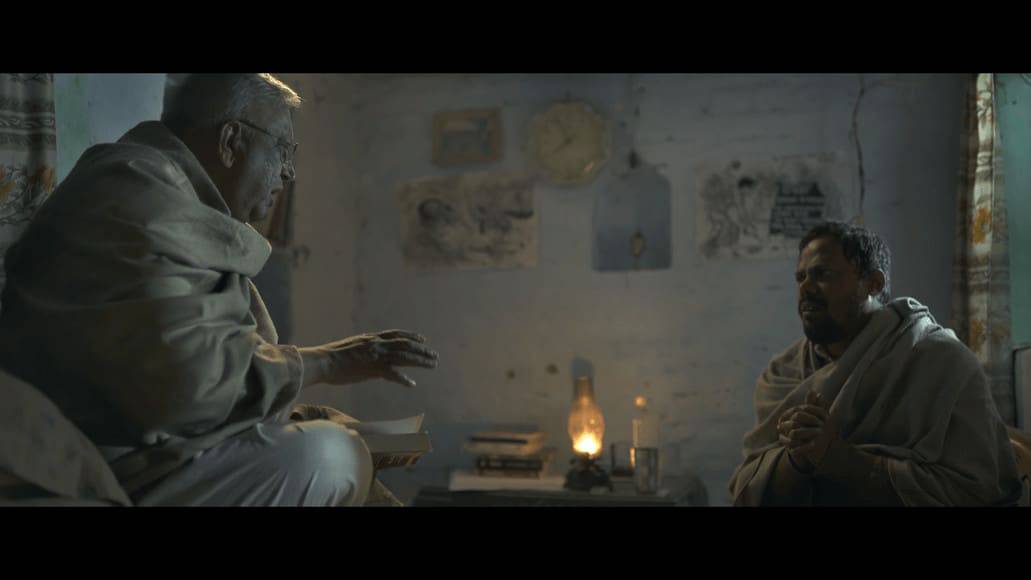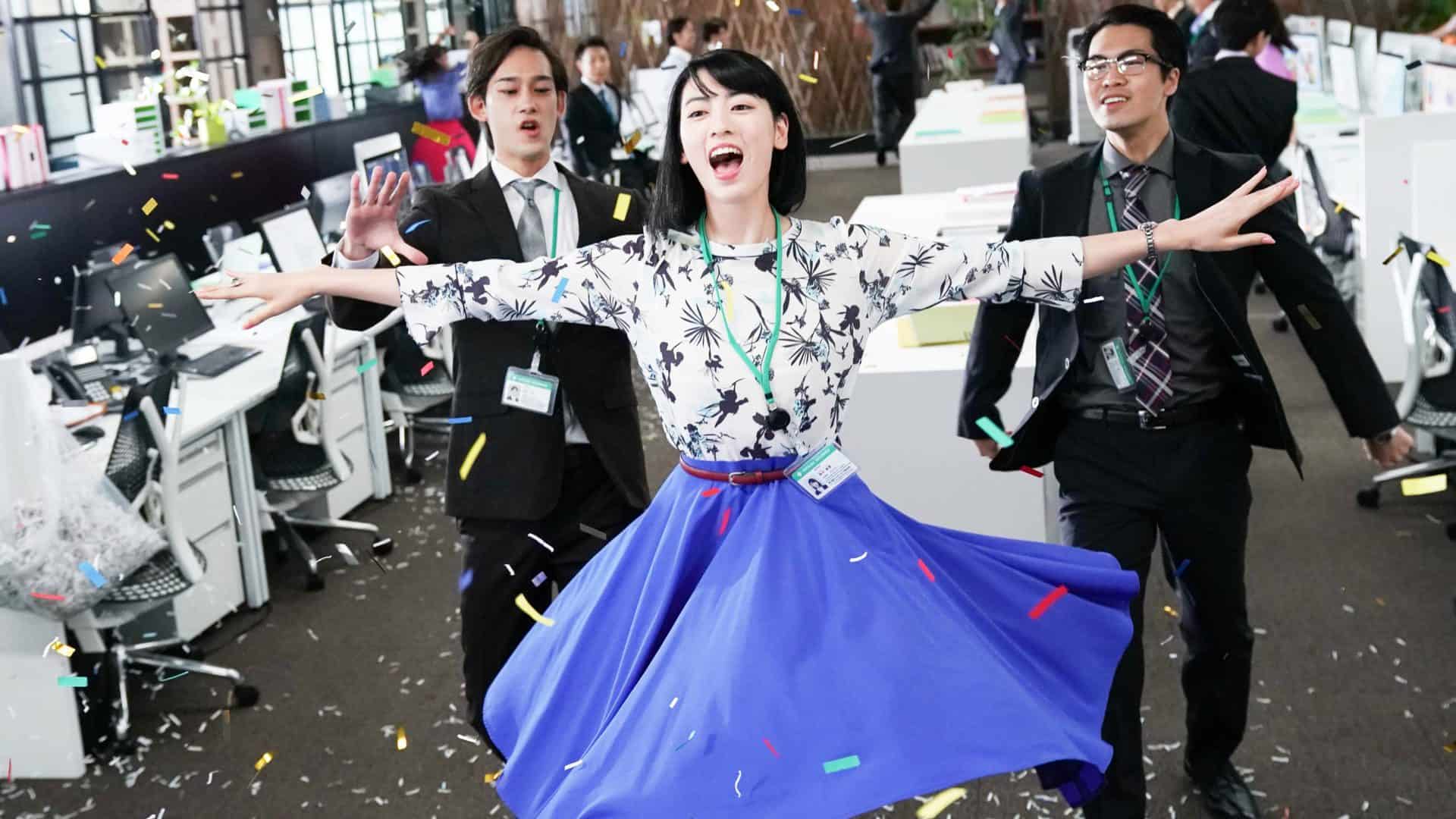Communication is complex and so is the choice to either shun the rest of the world or let others in. This dilemma is transmuted from mother to daughter, between husband and wife, from a friend to another friend and within oneself. Pakistani-Canadian filmmaker Haya Waseem tackles this subject in her coming-of-age film “Quickening,”an entry to the Spring Showcase at the San Diego Asian Film Festival, with glorious elan.
“Quickening” is screening at the 11th SDAFF Spring Showcase

The movie places this quandary within the terpsichorean world of Sheila, a 19-year-old Pakistani-Canadian who is trying to wrest herself free from the control of “values” invoked by her mother. As her mother disallows her from going out with her friends and insists on continuing to pick her up from school, Sheila asserts herself and ventures to experience things young people normally go through, such as exploring sexuality and intimacy.
This results in consequences however, as Shiela finds herself supposedly pregnant. The “supposed” is a crucial caution that should be taken note here, as this inadvertent mendacity mirrors the other untruth that haunt her and her family, one which asks that painful question – are you really happy? It's a question which the film answers not with typical optimism, though it's also a predicament whose resolution the movie could have fleshed out more.
Waseem deftly uses camera angles in this film to make the space an important tool in storytelling, with a left door ajar, for example, to make viewers get redirected to the clashing points of view of those arguing behind the said door, or with restroom stalls blocking the viewers' line of sight from Shiela's face so that the audience will focus more on her body language and the sound that she creates, one which echoes and bounces off in the darkness and emptiness of the said room.
Sound and body language serve as “Quickening's” medium for relaying its message. Waseem optimizes the ability of the body to create sound as she makes Shiela and her object of affection, Eden, dance and move at some of the most important parts of the film. Their dancing signals the downfall and the drama. The motion is very raw, detailed and visceral and the sound that comes from it is just so stirring, strong and honest.
Arooj Azeem, who plays Shiela, gives a solid performance. Her facial expressions convey the coldness of anger and the stubborness of sadness and alienation. Her body movements also perfectly mirror such wrath and confusion. Shiela's parents, played by Bushra and Ashir Azeem, are also her parents in real life and this detail perceptibly helps meld their chemistry as a family and makes their interaction, from the tender to the most tension-filled ones, more realistic.
The cultural element of filial dysfunction and the emotive distance between the parents and the children come alive when Sheila and her family go to gatherings with other Pakistani immigrants in Canada. The contrast of their colorful, beautiful clothes with the scars being created and peeled open in such festive meetups illuminate the key role played by the costume and production design here.
Cody Partridge, the music supervisor, lends the film with somberness through and through, with the composition of Spencer Creaghan. The cinematography of Christopher Lew, meanwhile, complements this mood through the employment of chiaroscuro.
“Quickening” shows Waseem's potential to tackle emotional, intricate subjects with a film language that just speaks of elegance, though the story, already so promising with its underpinnings of cultural, ethnic and racial identity conveyed through immersive art, could have given a fuller answer to the question it dares again to ask – are you happy?
















